Joe Pereira will go the extra mile, or over 3,000 of them, to fly to Western Canada to meet with recruits and their families face-to-face. He will stay up all night phoning players, persuading them to bear the Scarlet and White. And if a shred of interest is shown, he will do whatever it takes to land a commitment.
Once pen hits paper, he will make sure they don’t regret it.
Pereira knows what works in Hockey East because he played in 139 games over four seasons at Boston University. He captained the team his senior year and helped the program win its fifth national championship in 2009.
“I’ve been fortunate to play in the league,” he said. “Really helped me as a recruiter. I’ve been able to compare kids to my experiences.”
When he first stepped on campus as a freshman in 2007, Pereira admitted he was not as good as he thought, but he found his role and flourished in it. He knew he was not going to play in the NHL, but he still wanted to be involved in the sport.
“I remember saying at my senior banquet,” Perreira recalled, “‘Hey Coach [Jack] Parker, I had a great four years, but I’m going to work really hard and have the opportunity to come back and coach one day.”
After spending nine seasons behind the bench, five as an assistant and four as associate head coach at the University of Connecticut, where he played a major role in recruiting players to Storrs, Pereira was hired at BU to be associate head coach under Jay Pandolfo and called it a “dream come true.”
Now entering his third season back on Comm. Ave., Pereira has already solidified himself as a force to be reckoned with in the college hockey sphere, pulling in top talent year after year.
He’s brought in three first-round NHL Draft picks in his first two seasons, most notably Macklin Celebrini, the 2024 Hobey Baker Award winner and 2024 first overall pick. The other two: Tom Willander, selected 11th in 2023, and Cole Eiserman, who was taken 20th in 2024.
Pereira’s self-proclaimed nickname from his playing days was ‘The Bulldog,’ and according to his former teammate and current Harvard University assistant coach Matt Gilroy, he embodied the name and still does to this day.
“The way he played, he was definitely aggressive and on the forecheck, and that kind of seems like what he’s been doing in the recruiting world. He really gets out there and has that bulldog mentality,” Gilroy said.
When he is recruiting against the likes of the University of Michigan, the University of North Dakota, the University of Minnesota and Boston College, Pereira sees a parallel to the game itself.
“It’s no different than when you play. When you play a hockey game, one team usually breaks, and when they break, you take over the game,” he said. “In recruiting, you have to outwork schools if you want to get kids.”
With name, image and likeness now centerstage in college sports and players entering the transfer portal at an all-time high rate, Pereira emphasized the importance of going the extra mile on the recruiting trail because that is what he thinks is best for all parties involved.
“Our program is going to be successful because of recruiting. We won’t live through the portal,” he said. “We’re not going to be one of those schools that’s putting somebody into the portal, because I don’t think that’s good for anybody.”
For Colby Cohen, Pereira’s former teammate and current broadcaster, it shows just how good Pereira is as a recruiter that the Terriers continue to garner consistent commitments from top players.
“A lot of other schools have a lot of options, [like] NIL. Opportunities that we don’t have at BU, and Joe is still recruiting better than anybody else in the country,” Cohen said.
This season, four freshmen brought in by Pereira: Eiserman, Cole Hutson, Kamil Bednarik and Sascha Boumedienne were all touted as five-star recruits by Puck Preps. Five other former and future Terriers listed as five stars give BU the top-ranked recruiting class for both 2006 and 2007 birth years.
What has allowed Pereira to be so successful in bringing in the best players? It is his ability to make connections, selling the BU experience to the players and their families, and never sugarcoating anything.
“[It is about] making sure everyone understands their role, having good relationships with them from day one, and being honest,” Pereira said. “We’ll give you all the resources to have success, but it’s up to you what you make out of it.”
What also helps is that he never stops recruiting, “because if you’re not recruiting, somebody else is.”
But it’s not just the ability to attract the best players. Cohen feels that there are even NHL general managers who cannot evaluate and project talent like Pereira.
“He’s a high-end evaluator. He’s able to watch kids at a young age, look at what they do, and project how that’s going to develop,” Cohen said. “That’s a very hard thing to do. Just because you played the game doesn’t mean you’re a good evaluator.”
But in reality, all his success boils down to being compassionate. He can relate to players because he’s been in their shoes. He knows what it’s like to make mistakes.
“If my kid had an opportunity one day to play for BU and play for a team that Joe Pereira was either recruiting for or coaching, I would feel really confident about that,” Cohen said. “I don’t think you can overstate how important that is.”
This story is part of the Daily Free Press’ annual Hockey Issue. Copies are available around campus and at the women’s (Oct. 1) and men’s (Oct. 5) home openers.
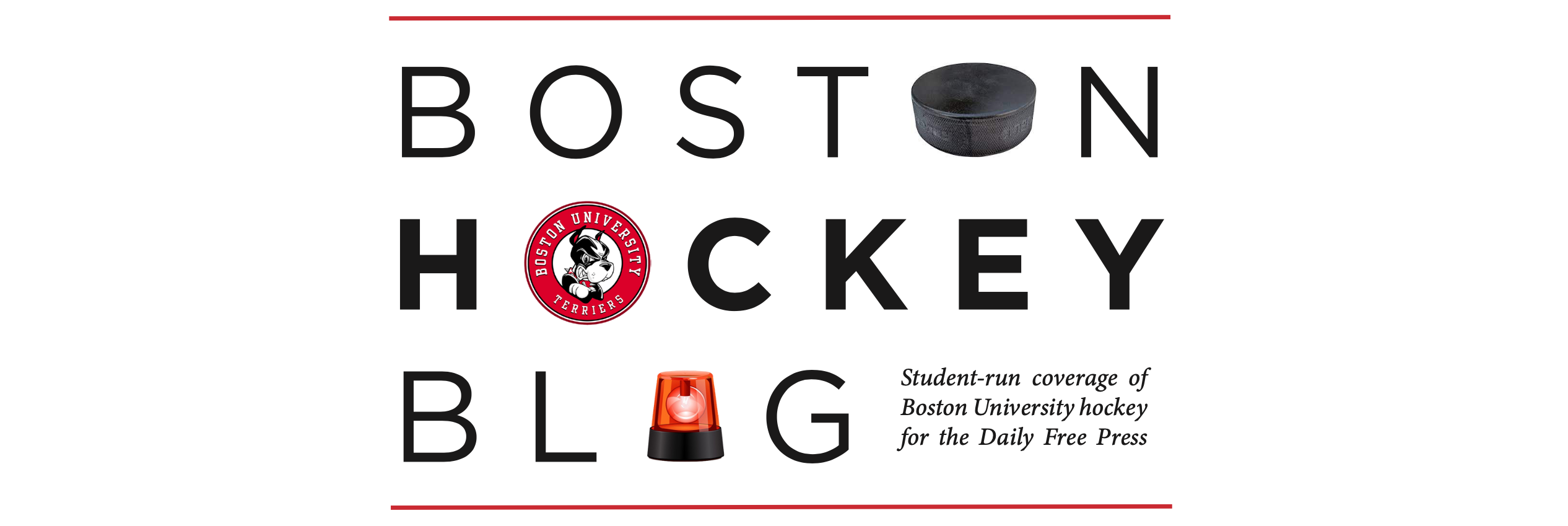
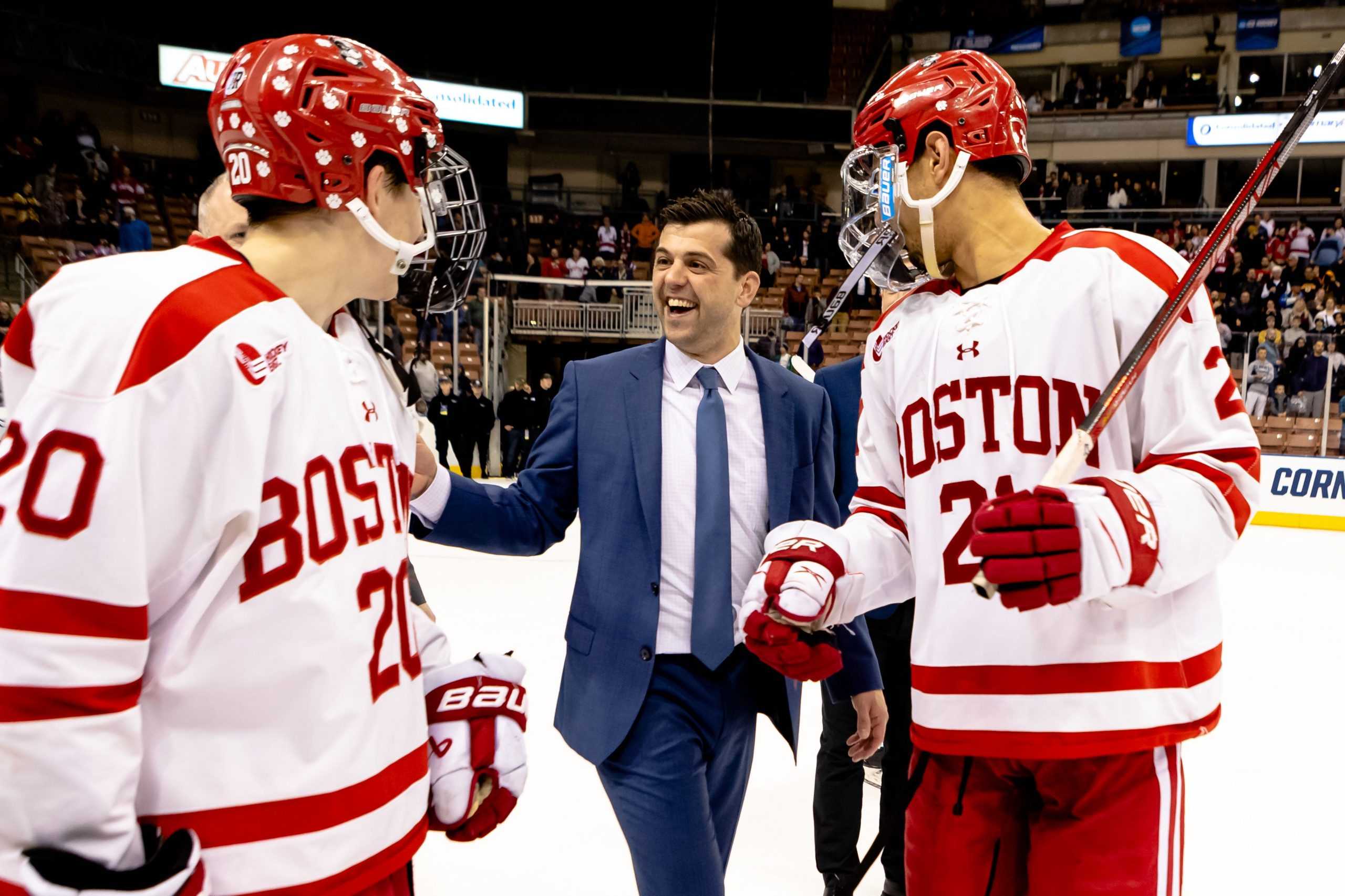

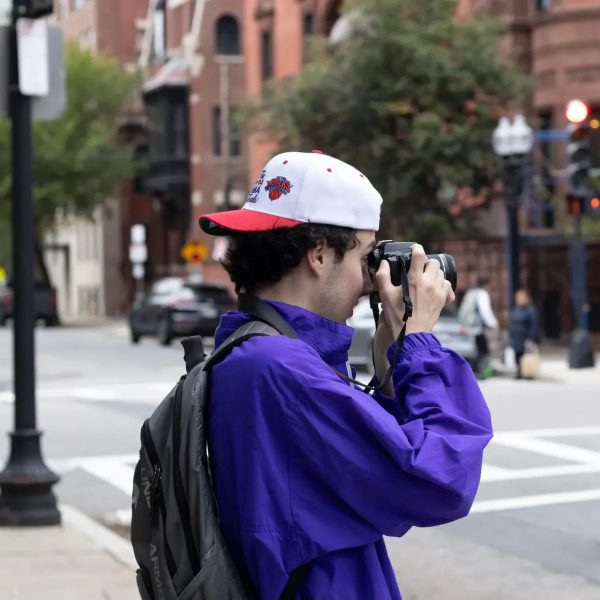
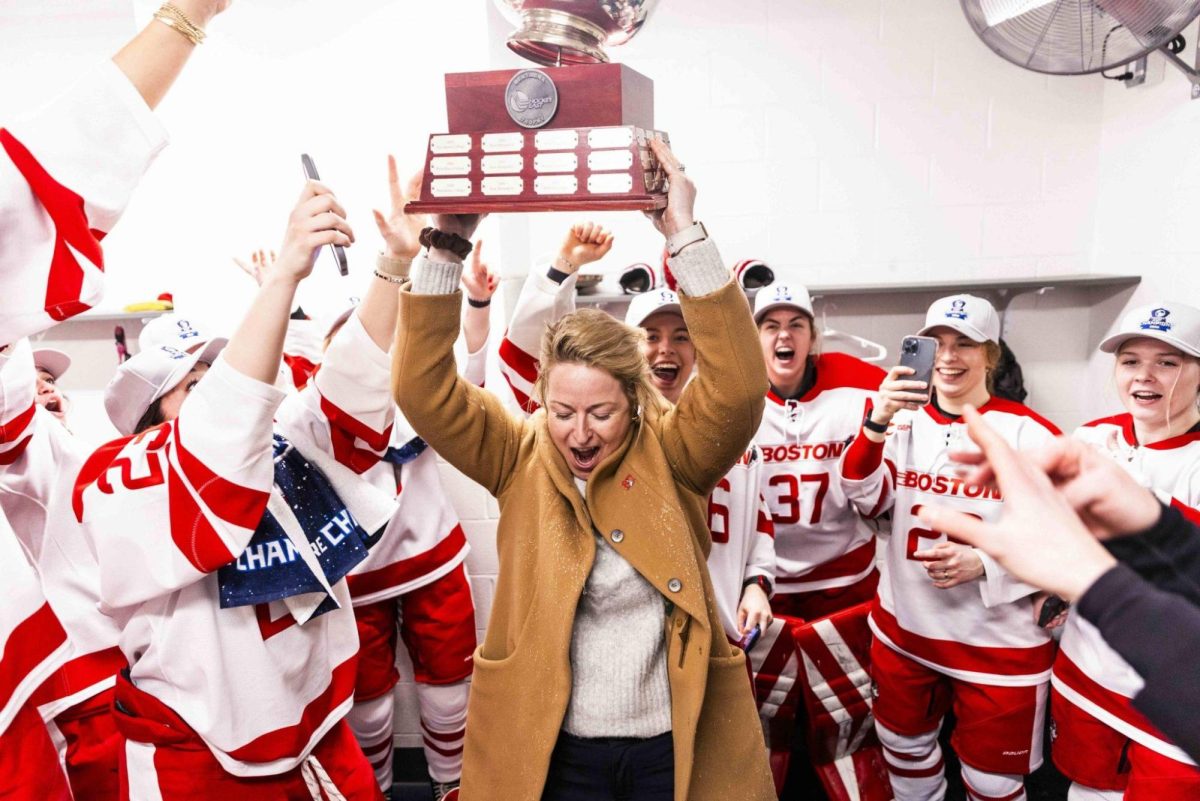
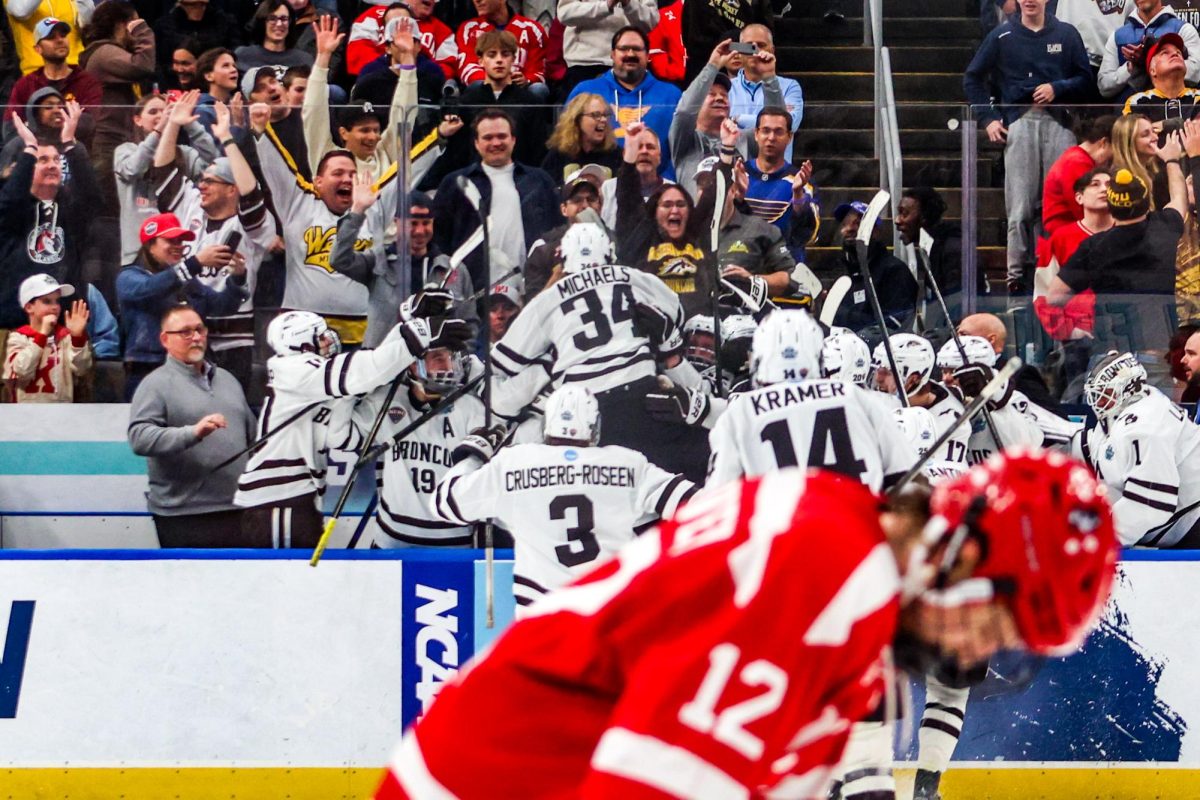
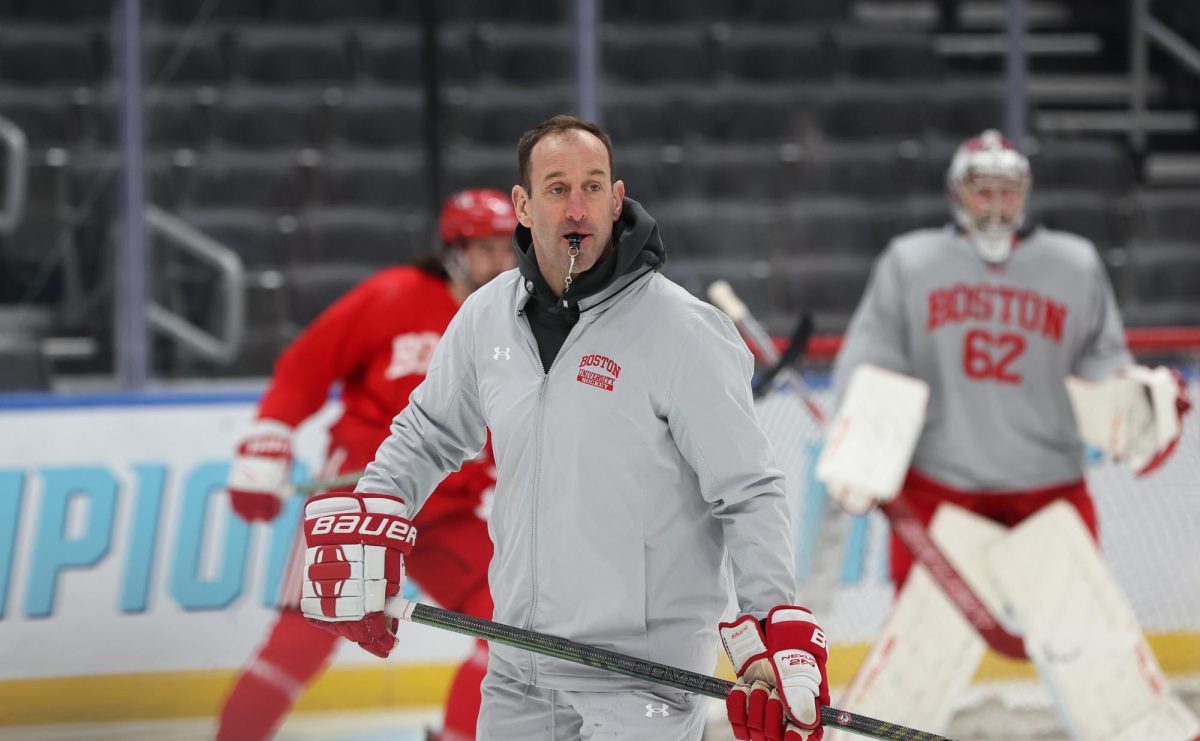
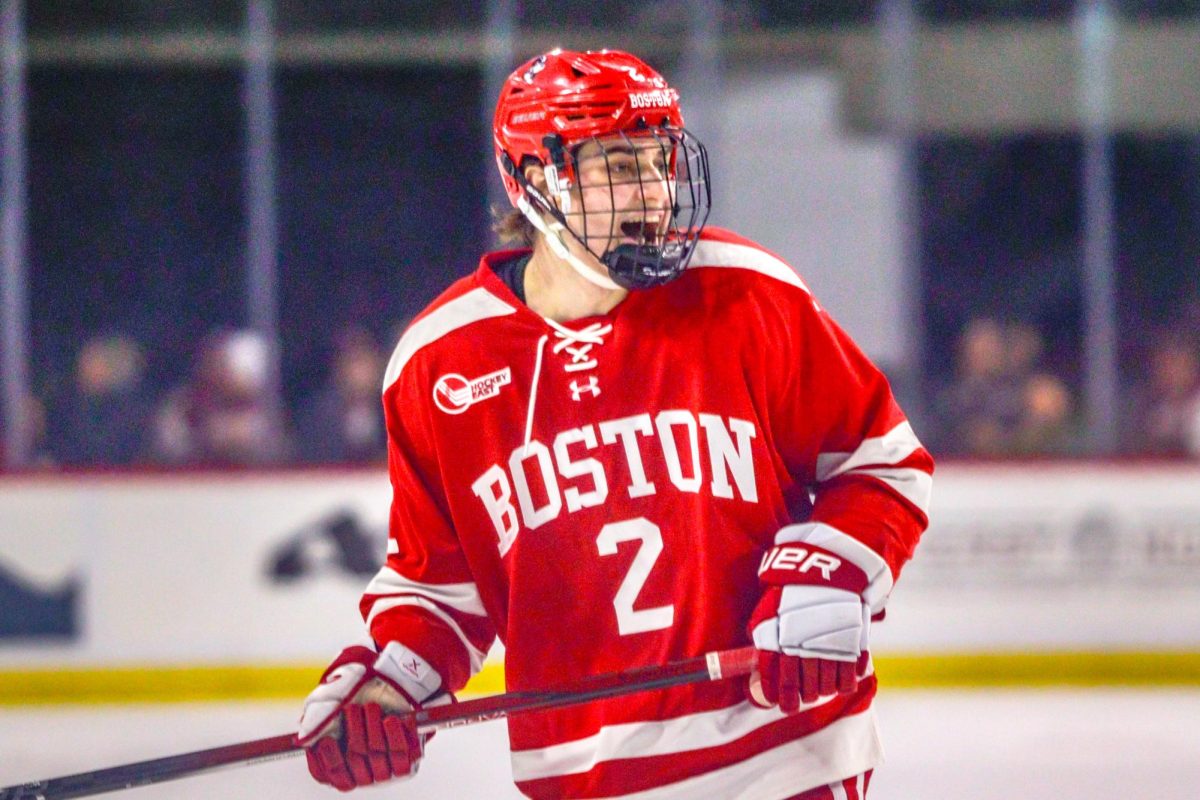
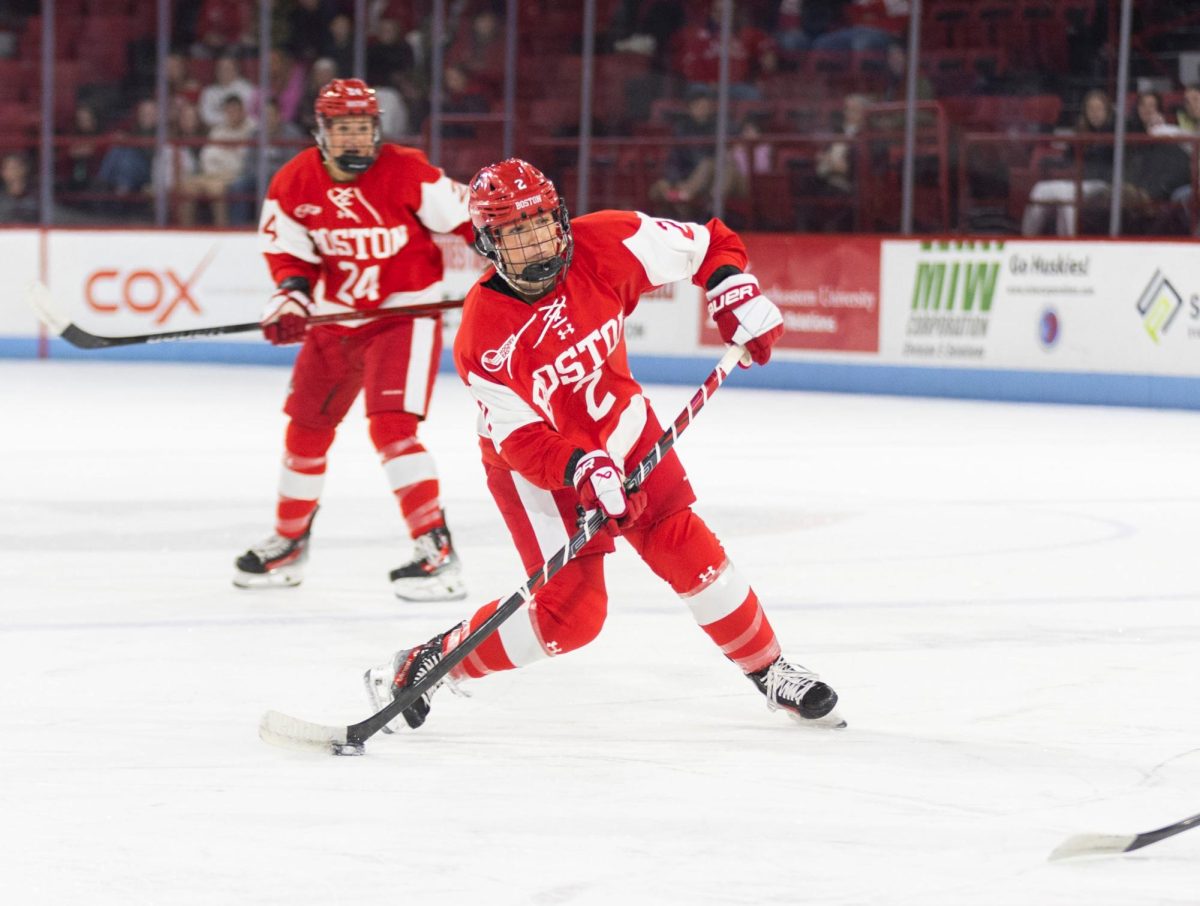
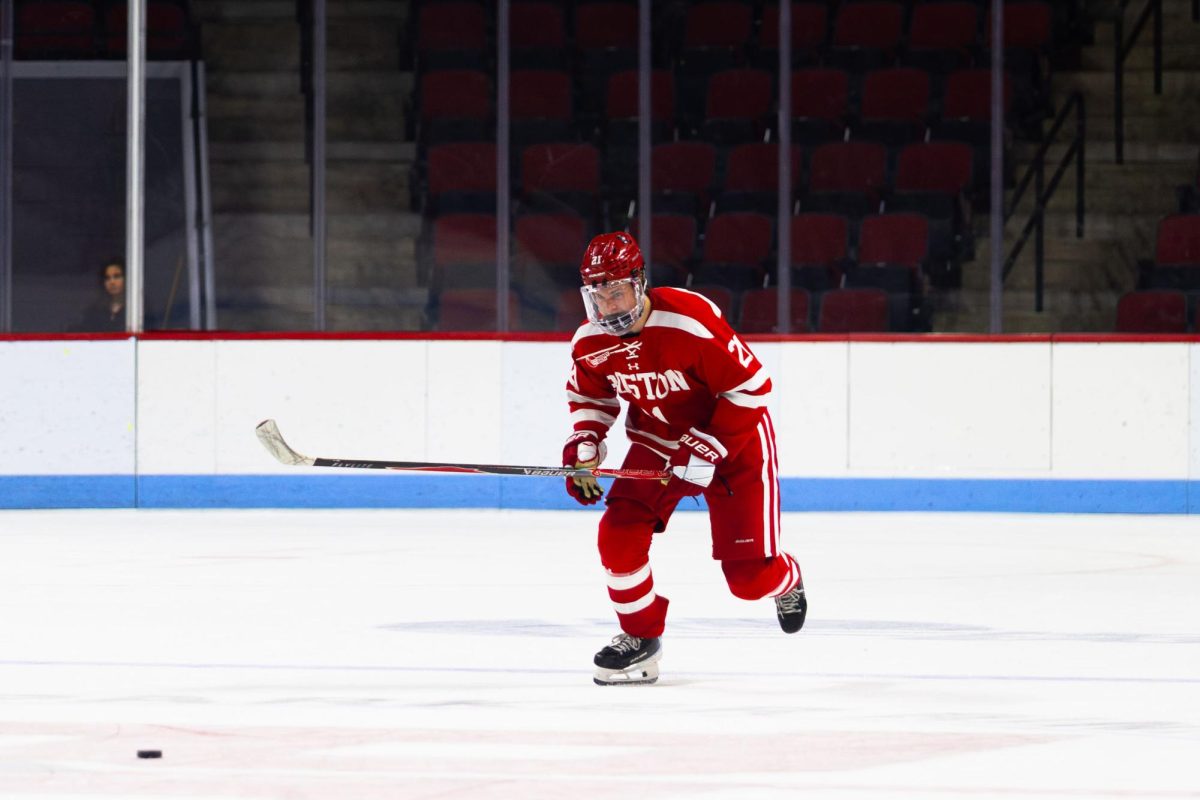
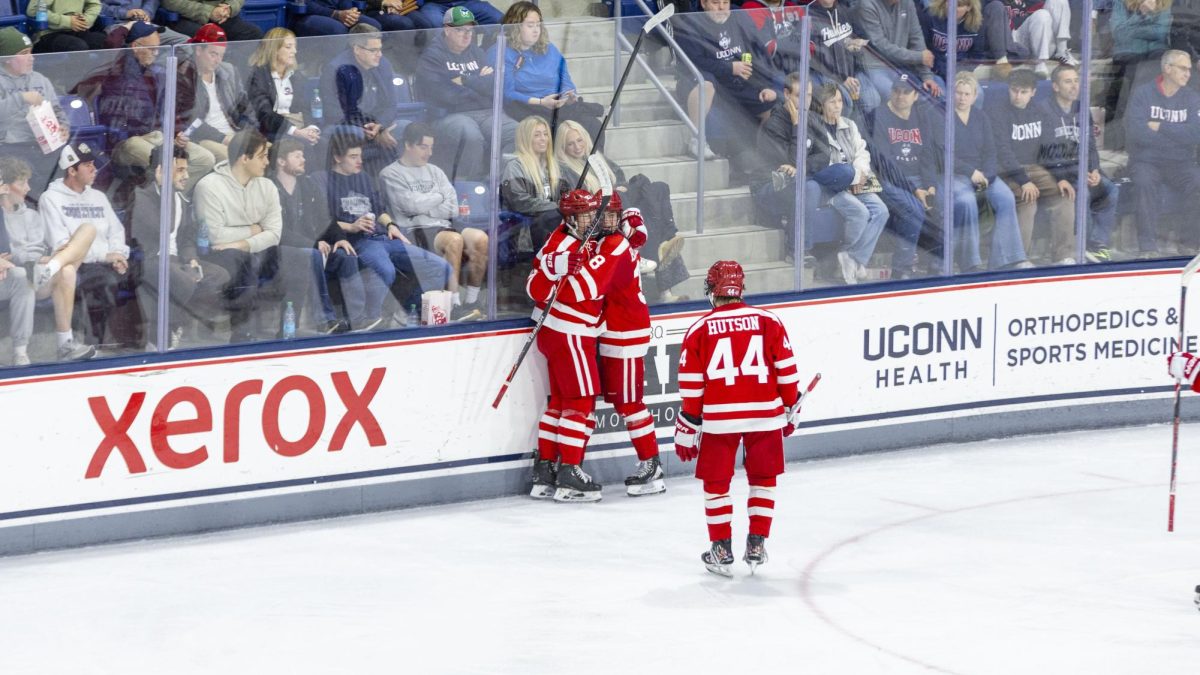
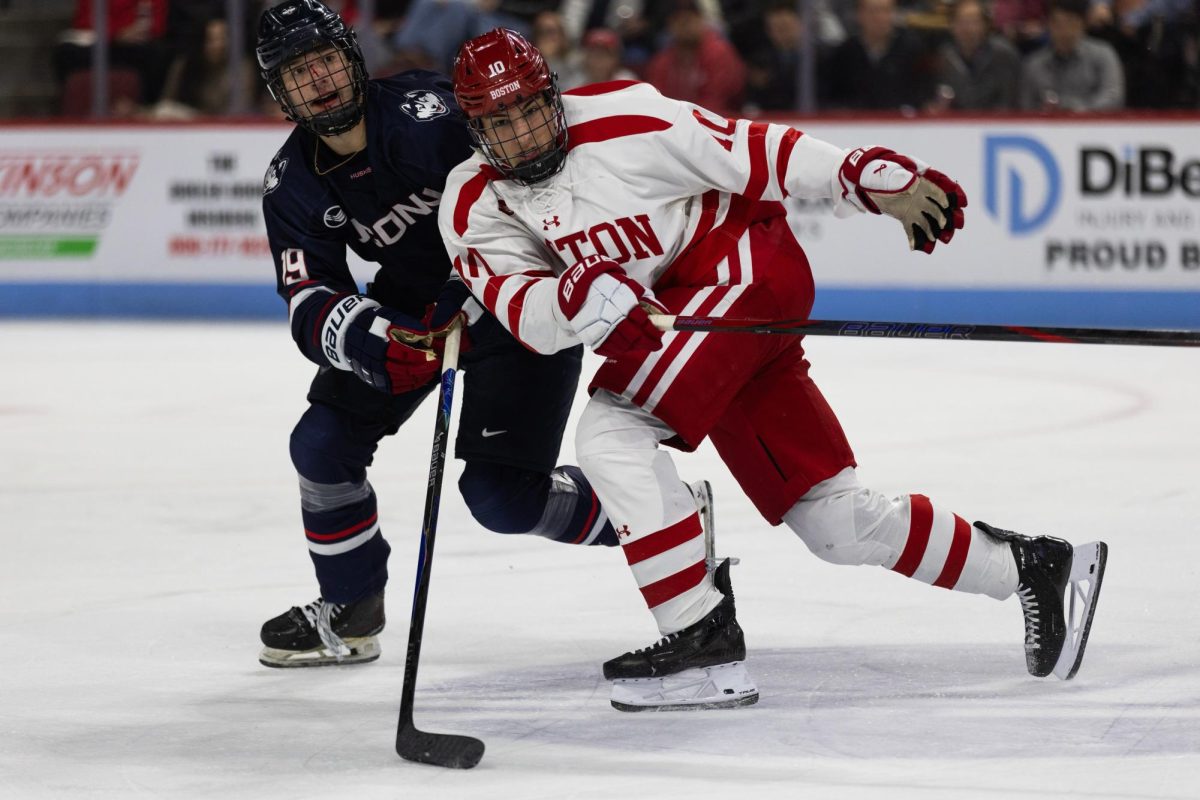
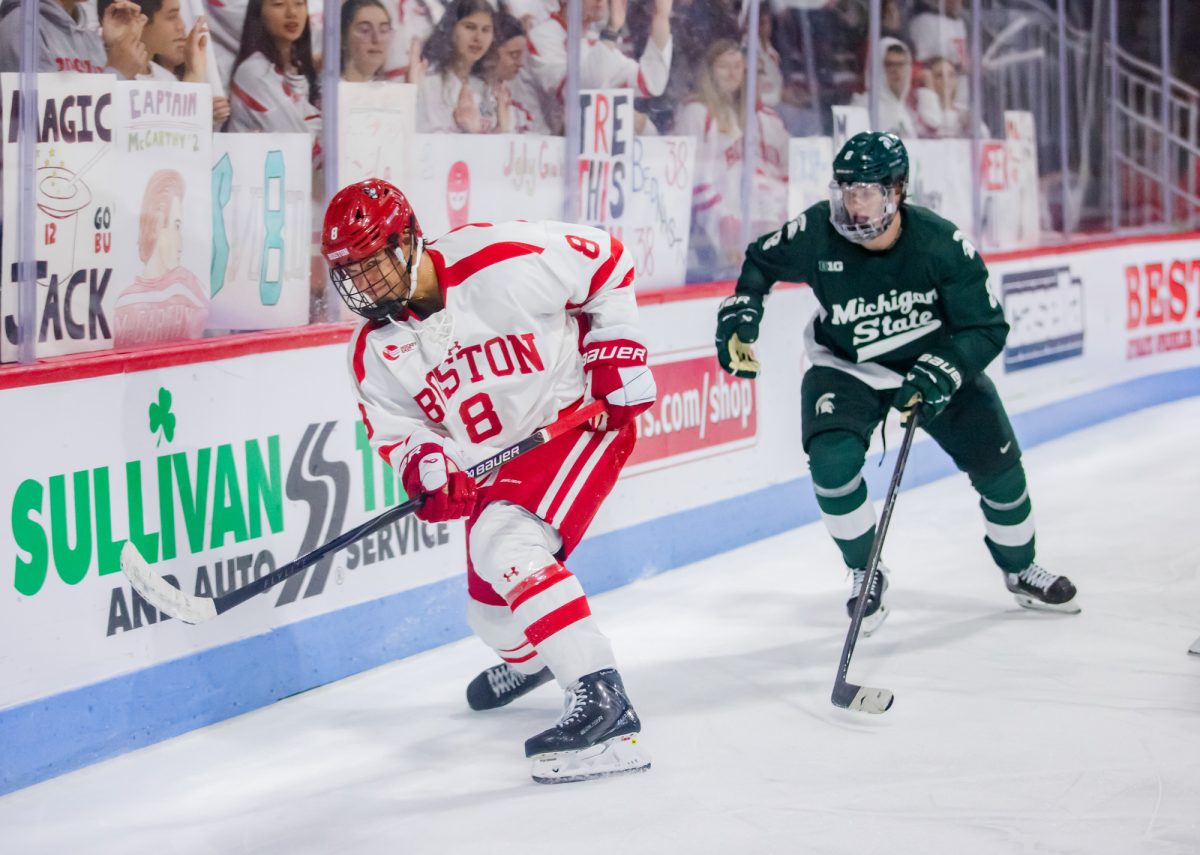
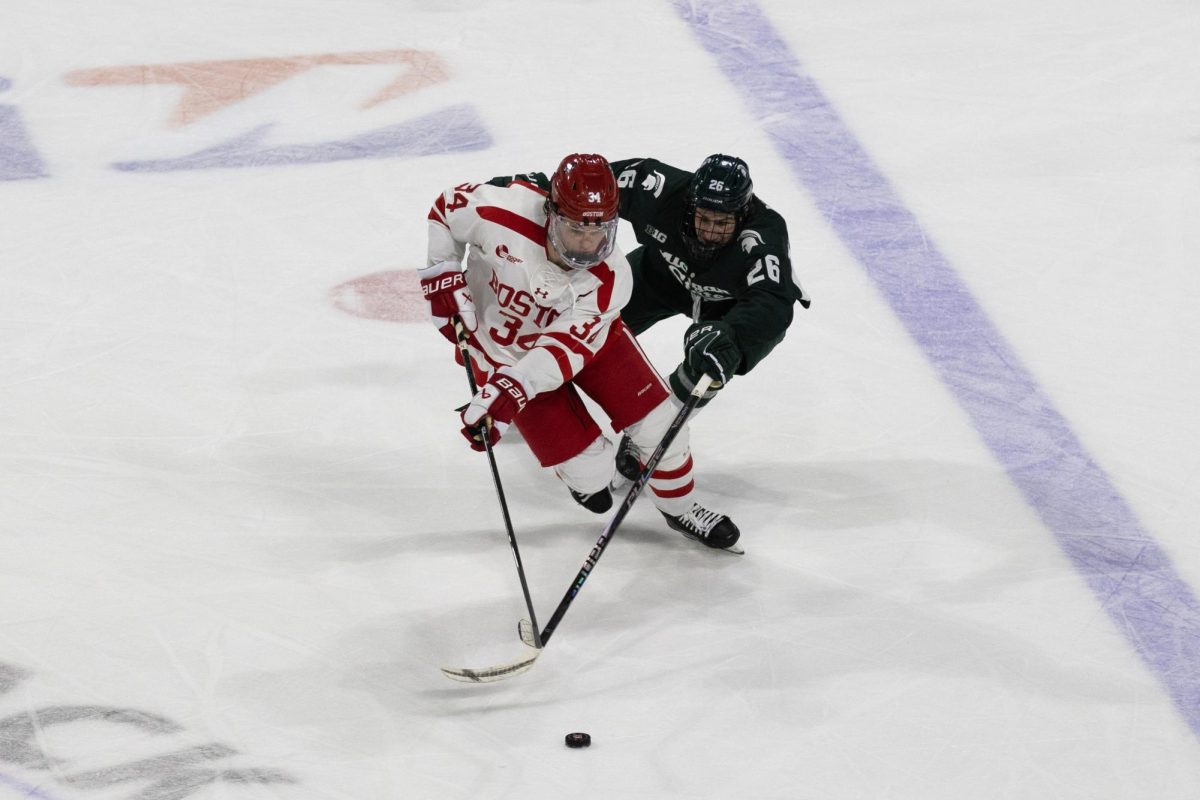
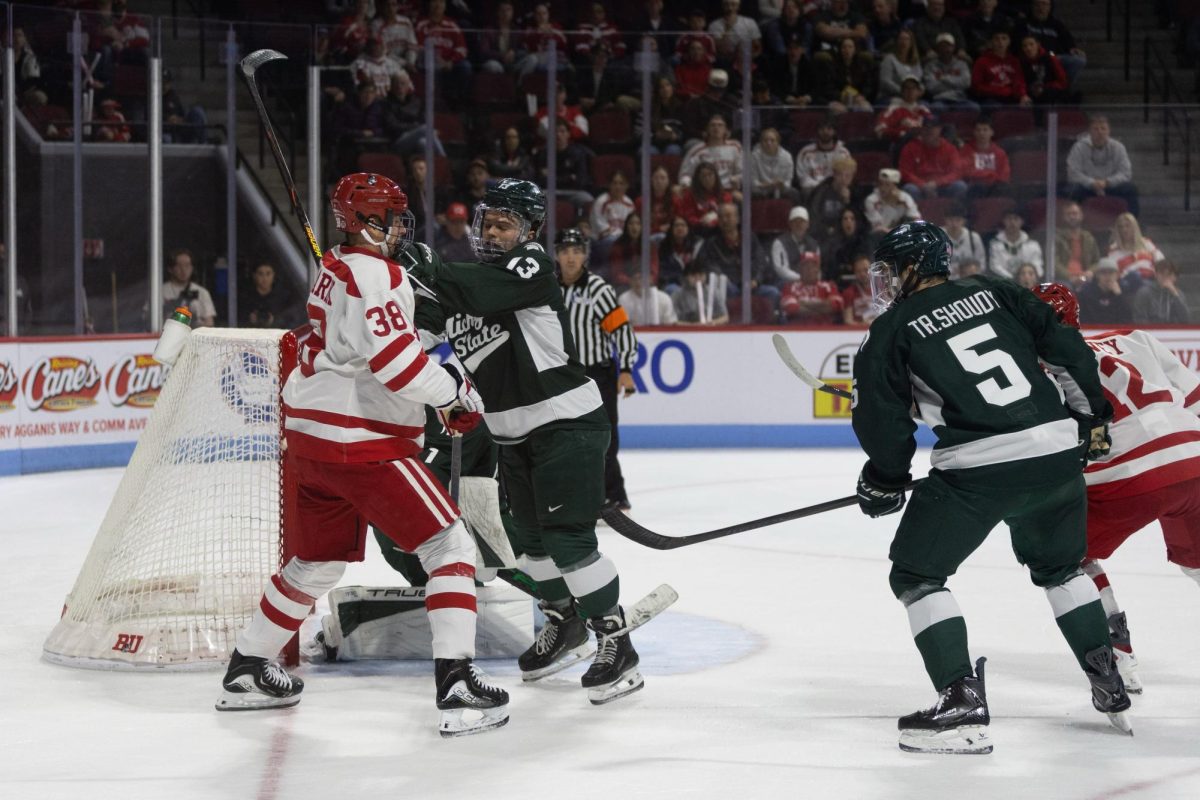
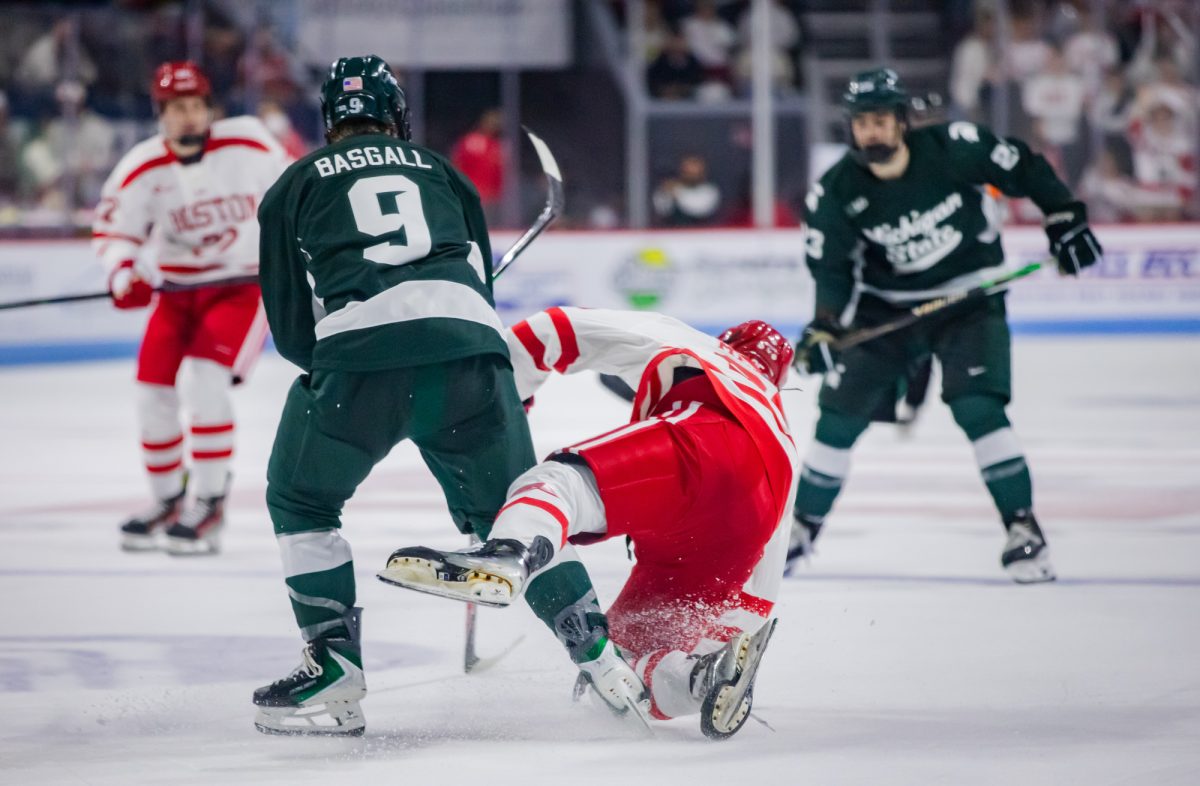
Anonymous • Sep 30, 2024 at 11:43 am
Not well versed on hockey recruitment finesse, until I read this piece. Goal!
Jack Novak • Sep 29, 2024 at 5:48 pm
Another great article! Was not aware of the level of genius behind the scenes of the BU hockey team
Anonymous • Sep 29, 2024 at 6:17 am
I think Colby means that a lot of other school, such as in the Big 10 has more significant NIL dollars to distribute.
David Franco • Sep 28, 2024 at 7:58 pm
Great article!
Had a question about NIL. Are players entitled to NIL money at BU? You quoted Colby where he said,
“A lot of other schools have a lot of options, [like] NIL.” Do we not?
Mitch Fink • Sep 29, 2024 at 4:18 pm
Hey David!
It’s not that BU doesn’t have NIL — there are still opportunities for athletes to have deals with brands and make money here, and the athletic department has supported that with an online platform called the “Scarlet and White Exchange.” Last year, Macklin Celebrini had a deal with Chipotle, for instance.
But unlike many other schools (including BC, UMass and UConn), BU does not have an NIL “collective.” Collectives are organizations (unaffiliated with the schools themselves) that pool funding from donors and distribute money to athletes through NIL opportunities. Most Power 5 schools, plus some mid-majors, have one. Even some hockey-centric schools, like North Dakota, have a collective.
So, not sure exactly what Colby Cohen was referring to with that quote but that’s a little context on where BU stands in all of this, for now.